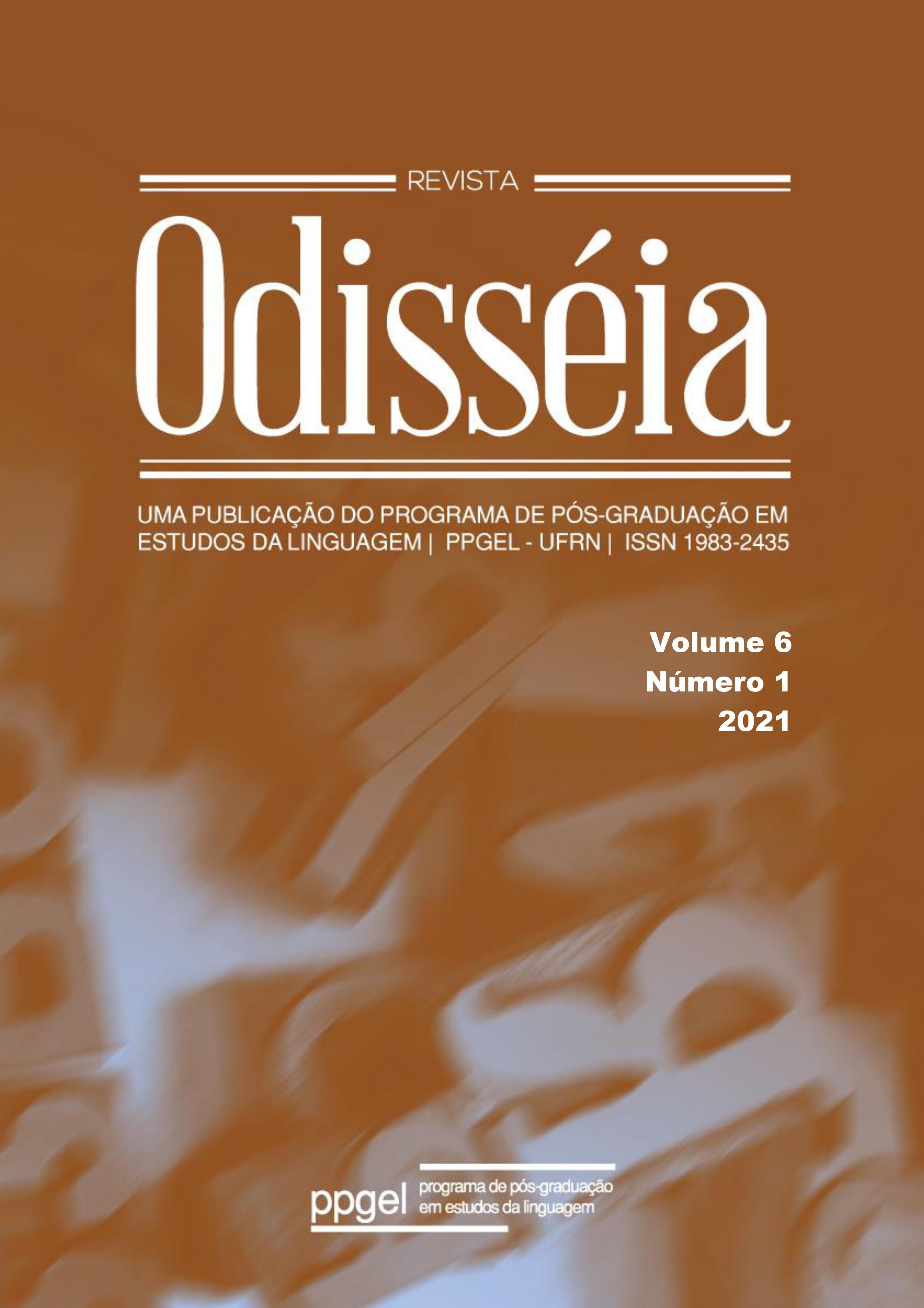Plurilingualism for Brazilian elementary education
DOI:
https://doi.org/10.21680/1983-2435.2021v6n1ID22403Keywords:
Purilinguism. Elementary education. Official documents.Abstract
Reflecting on the use of language and on the foreign language class and its relevant socio-cultural role makes us think of possibilities to expand the student's linguistic and cultural repertoire. Consequently, we come to the study of plurilingualism, namely, the personal and cultural experience of the individual in different languages. To this end, it is intended to explore the official documents that are in use in Brazil and also to bring international documents that are - to a certain extent and to a certain degree - present in the studies and academic production in Brazil, and thus verify the presence of plurilingualism pedagogical and legislatively in the country. For the elaboration of this article, a search will be made for a bibliographic survey of the official documents for language teaching on plurilingualism aimed at basic education - more specifically the 3rd and 4th cycle of elementary education II - in what is said respect to language teaching. This article sought, in the educational scenario, the place of plurilingualism and, thus, evidenced its consolidated presence and importance today for the formation of the student, the teacher, as well as for their practice in the classroom.
Downloads
Downloads
Published
How to Cite
Issue
Section
License
Thisa work has been licensed under Creative Commons - Atribuição - NãoComercial - CompartilhaIgual 3.0 Não Adaptada.


















